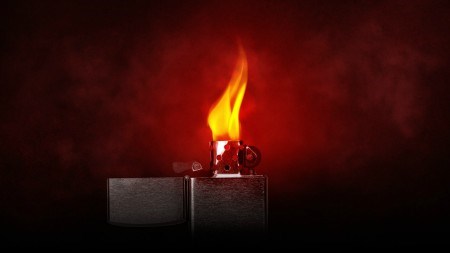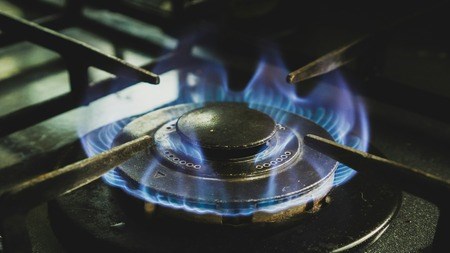There are several common chemical-laden products you’ll find in your home that carry the risk of fire if not properly handled or stored. Bertus Visser, Chief Executive of Distribution at PSG Insure, shares his advice on potentially flammable situations to be aware of, and how to keep your safety and your insurance in check.
First things first: get certified
Remember that any gas installations on your property must have a compliance certificate, proving alignment with the applicable South African National Standard (SANS) codes and that the installation was done by a registered, competent person.
Spray it safely
Non-stick cooking spray is a common staple in many kitchens. Turn yours over to see the warning label reading: ‘extremely flammable aerosol, do not spray near open flame’ or similar. This should be warning enough. It may seem logical not to spray onto an open flame, but accidents do happen. While some products might not reveal the type of propellent present, it is often the highly flammable DME (dimethyl ether). If you consider how often you spray a pan when your gas stove is already lit, the risk is obvious. On the upside, fires caused by negligent cooking methods can very easily be avoided.
Ever use spray-on deodorant? This product comes with even more warnings on the packaging. Look out for descriptors such as: ‘extremely flammable aerosol’, ‘pressurised container’ or ‘may burst if heated’. You will also be advised to ‘keep away from heat, hot surfaces, sparks, open flames and other ignition sources’ and will be cautioned not to smoke near the product or spray it on an open flame. Flammable ingredients in deodorant can include alcohol, propane, butane and isobutane, so it’s wise to make sure you store and use yours safely.
Therein lies the rub
Furniture polish is another common product found at home. This too requires caution when it comes to where you keep it. Note warnings on these products stating: ‘flammable’ or ‘pressurised container’. You might find that there is no specific propellant mentioned, but take care to store your polish responsibly to avoid a fire that could destroy your furniture altogether.
Stocked up for summer
The garage shelf often houses some of the products needed for outside maintenance. Chemicals for swimming pools are another common safety hazard. These may serve as oxidisers when in contact with other hydro-carbons or tins of paint you might be storing. Keep in mind that paint cleaning materials such as thinners as well as paraffin and gas cylinders pose large fire risks as well. Many of us store spare gas supply or keep petrol for lawnmowers or power generators in the garage, along with wood. All of these are risky – even more so if you also store chemicals, such as those for your pool, close by. If your pool products are housed under a thatched roof structure, risks are heightened even further, as thatch is highly flammable. Make sure that any thatched structures are specified to your insurer.
Sparks may fly
As we head into the thick of summer, warmer weather unfortunately brings with it more mosquitos and flies. For many, bug repellent spray is a summer-survival staple. More descriptive warning labels around the flammable, pressurised contents may come standard with this type of product. However, flammable ingredients are not usually revealed on insect sprays, despite the dangers. Removing insects is often frustrating, but due to the nature of repellents it’s best to be cautious when doing so.
Keep it all in mind
All of this highlights the scary reality of how easily an accident can happen, as these are products many of us use on any given day. It is in your best interest to stay safe at home and to keep your insurance policy up to date. Remember, if a fire breaks out, it will cost so much more if you are underinsured. What if you have to rebuild your home and replace all of your contents? Don’t let an unnecessary fire burn your budget or spoil your summer plans – chat to your adviser and ‘fireproof’ your insurance cover.





